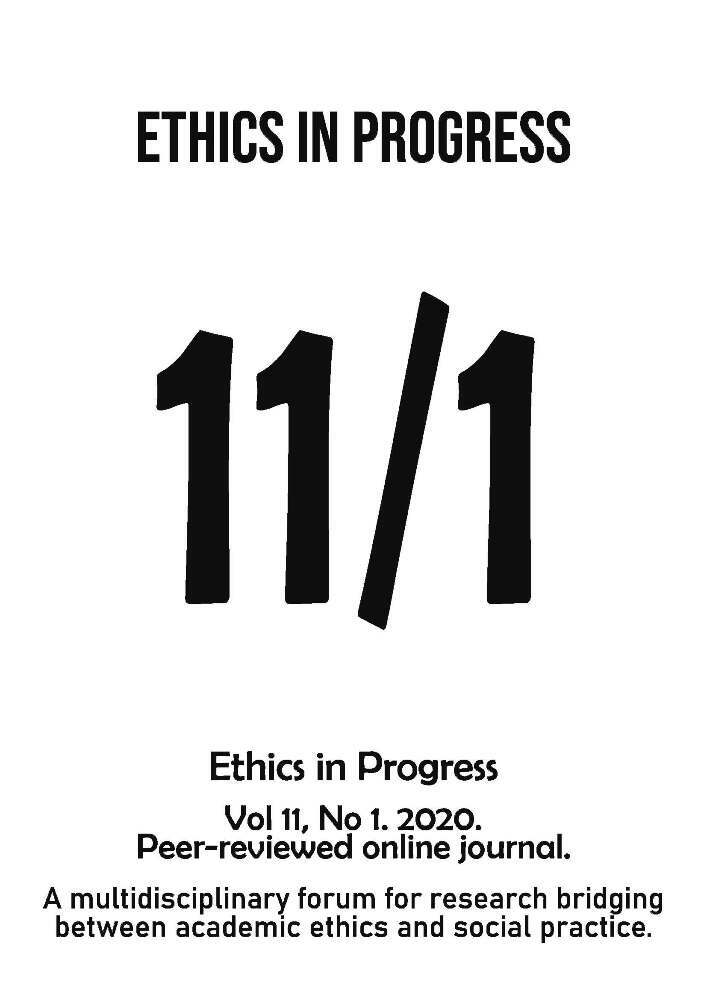Abstract
This article is a case study of a question of possible doping and how our insights into our moral judgements about doping are subject to considerations of both moral, but more presciently, epistemic luck. The eternal ambiguity surrounding the prevalence of doping, and its impact on high-level sport make this question entirely relevant for our discussions about the ethics of performanceenhancement in sport.
References
Carstairs C. 2003. “The Wide World of Doping: Drug Scandals, Natural Bodies, and the Business of Sports Entertainment,” Addiction Research and Theory 11(4):263–281.
Coeckelbergh M. 2010. “Criminals or Patients? Towards a Tragic Conception of Moral and Legal Responsibility,” Criminal Law and Philosophy 4:233–244.
Concepcion D. 2002. “Moral Luck, Control, and the Bases of Desert,” The Journal of Value Inquiry 36:455–461.
Dilger A., Frick B., & Tolsdorf F. 2007. “Are Athletes Doped? Some Theoretical Arguments and Empirical Evidence,” Contemporary Economic Policy 25:604–615.
Feinberg J. 1970. “Justice and Personal Desert,” in J. Feinberg (Ed.), Doing and Deserving (pp. 221-250). Princeton, NJ: Princeton University Press.
Hurka T. 1994. Principles: Short Essays on Ethics. Toronto, ON: Harcourt Brace.
Kant I. 1998. Groundwork of the Metaphysics of Morals, M. Gregor (Ed. and Transl.). Cambridge, MA: Cambridge University Press.
Kirkwood K. 2009. A Modest Proposal: The Ethics of Supervised Doping at the Olympics. Saarbrücken, DE: Lambert Academic Press.
Kirkwood K. 2014. “What do You Mean I Wasn’t Cheating? Testing the Concept of Cheating through a Case of Accidental Doping,” Sport, Ethics and Philosophy 8(1):57–64.
Latus A. 2000. “Moral and Epistemic Luck,” Journal of Philosophical Research 25:149–172.
Nagel T. 1979. Mortal Questions. New York: Cambridge University Press.
Nagel T. 1993. “Moral Luck,” in D. Statman (Ed.), Moral Luck (pp. 57–71). Albany, NY: State University of New York Press.
Pritchard D. 2006. “Moral and Epistemological Luck,” Metaphilosophy 37(1):1–25.
Rachels J. 1999. The Elements of Moral Philosophy (3rd ed.). New York: McGraw-Hill.
Rescher N. 1995. Luck: The Brilliant Randomness of Everyday Life. New York: Farrar, Straus and Giroux.
Richards N. 1993. “Luck and Desert,” in D. Statman (Ed.), Moral Luck (pp. 167–180). Albany, NY: State University of New York Press.
Rosebury B. 1995. “Moral Responsibility and ‘Moral Luck’,” Philosophical Review 104 (4):499–524.
Schinkel A. 2009. “The Problem of Moral Luck: An Argument Against its Epistemic Reduction,” Ethical Theory and Moral Practice 12:267–277.
Statman D. 1991. “Moral and Epistemological Luck,” Ratio IV:146-156.
Statman D. 1993. “Introduction to Moral Luck,” in D. Statman (Ed.), Moral Luck (pp. 1–25). Albany, NY: State University of New York Press.
Walker M. U. 1993. “Moral Luck and the Virtues of Impure Agency,” in D. Statman (Ed.), Moral Luck (pp. 235–250). Albany, NY: State University of New York Press.
Zagzebski L. T. 1991. The Dilemma of Freedom and Foreknowledge. London, UK: Oxford University Press.





